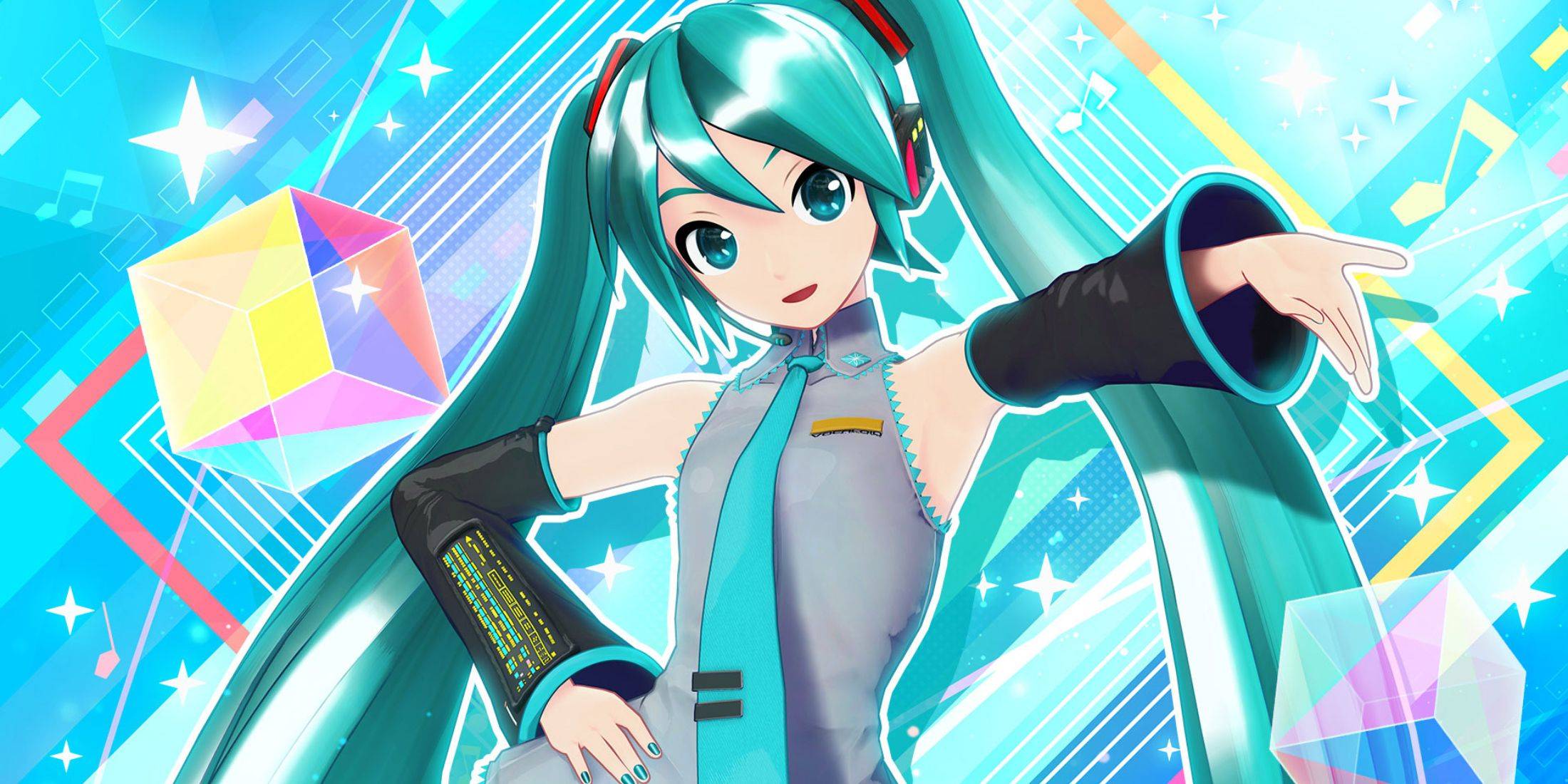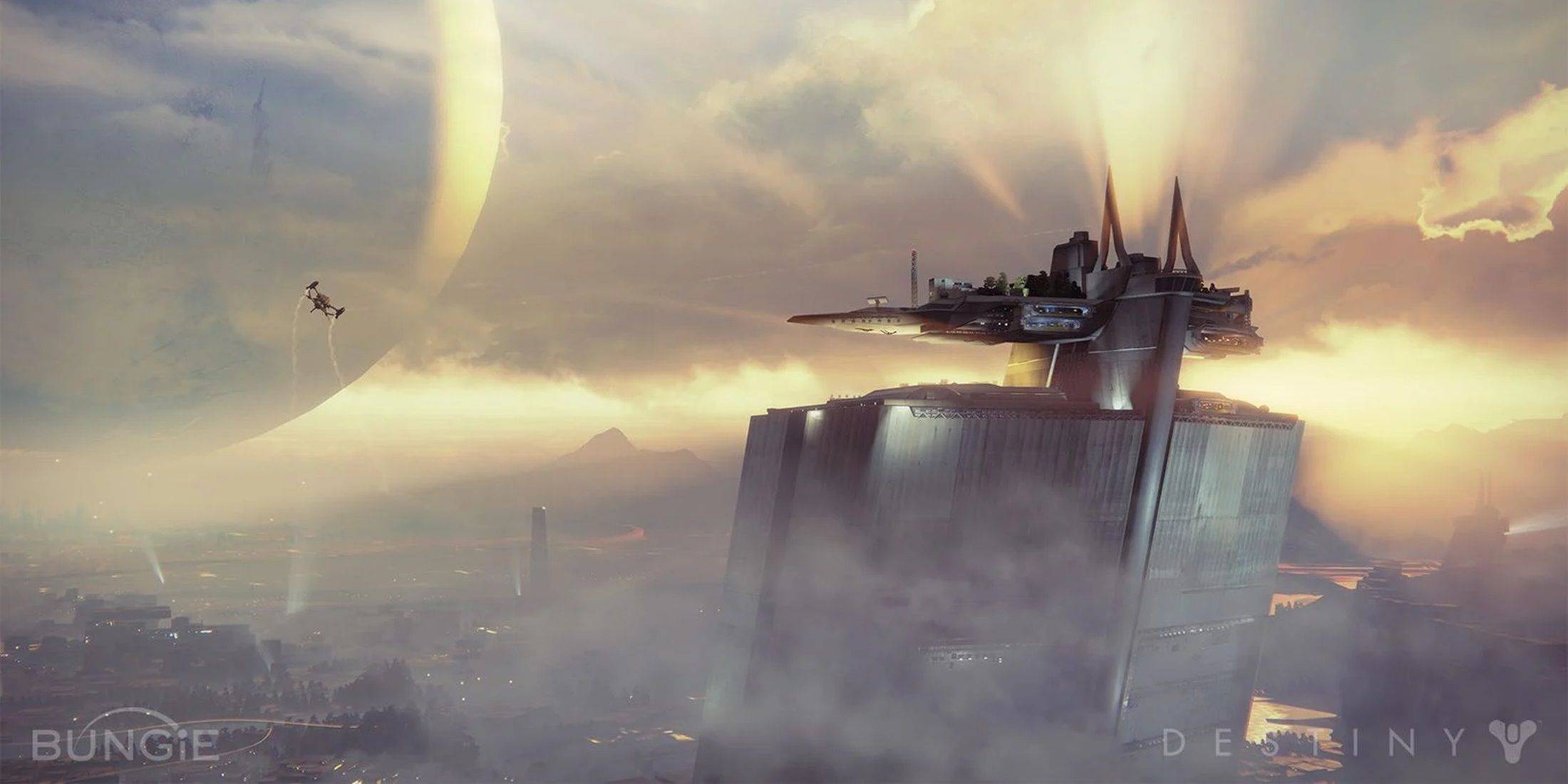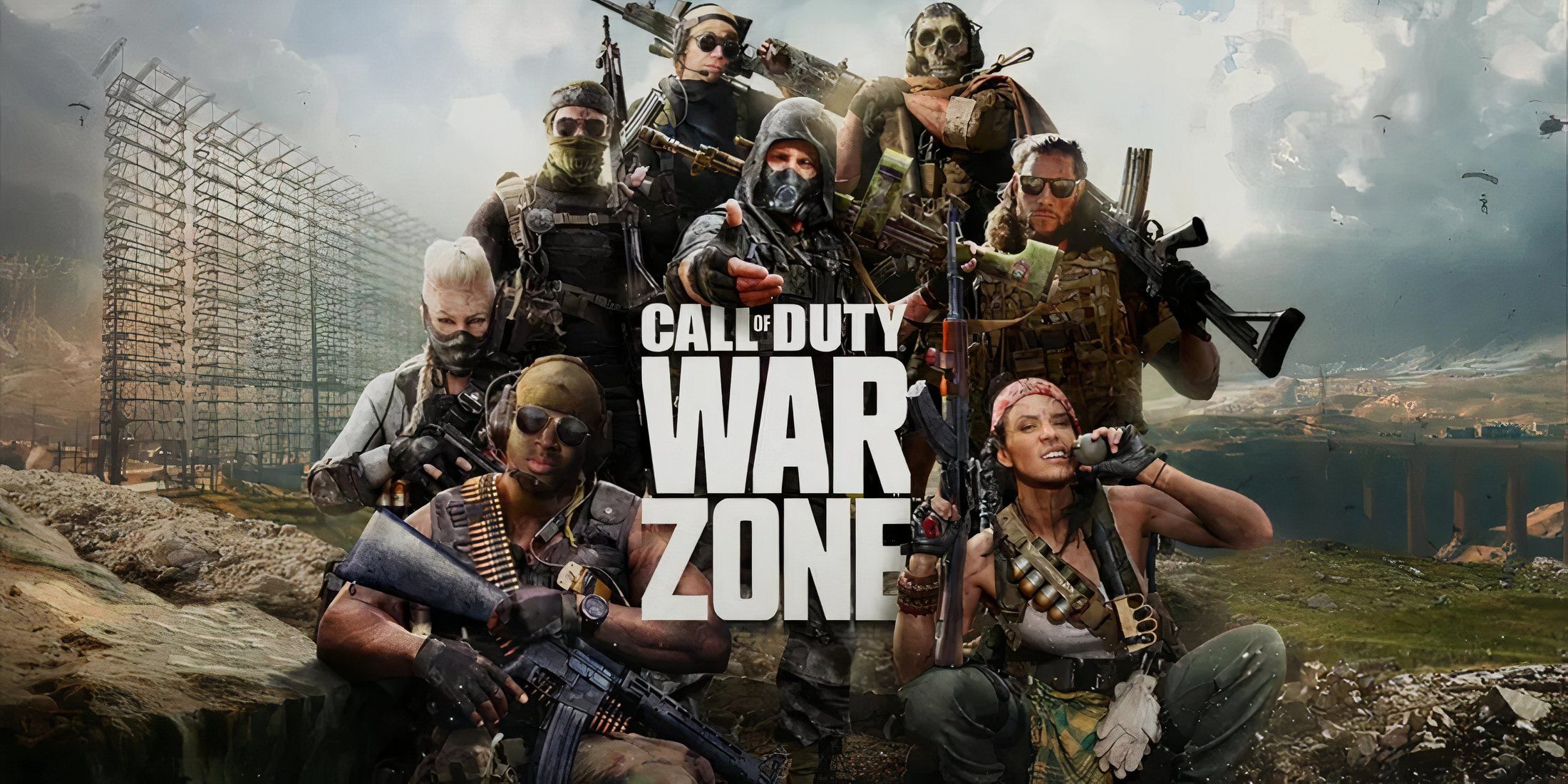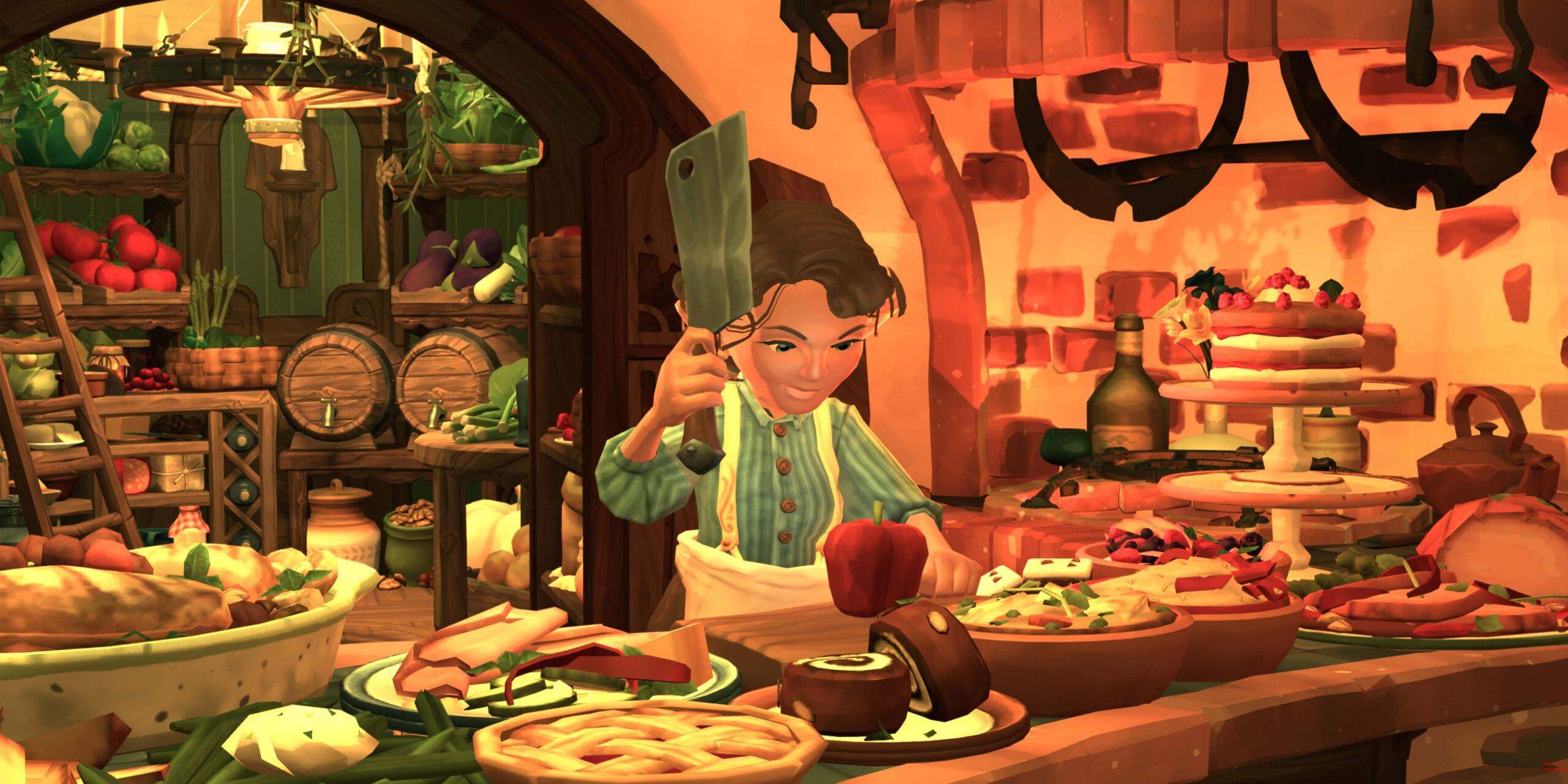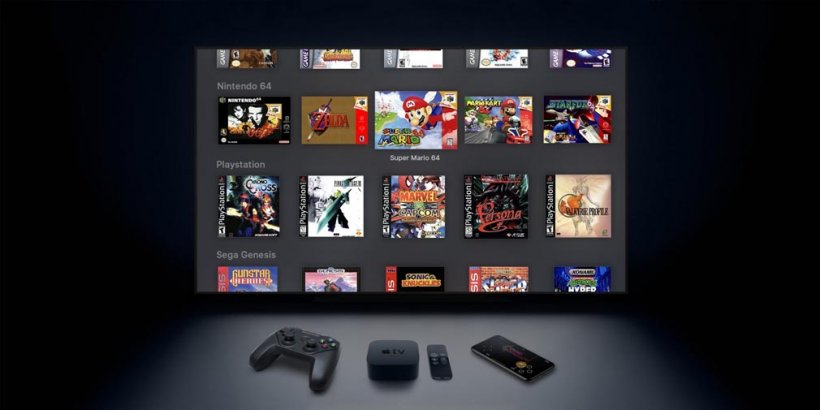2024's Top Mobile Games Revealed
- By Hazel
- Jan 03,2025
My Game of the Year: Balatro – A Simple Game, A Big Win
It's the end of the year, and as you likely know, Balatro is dominating the "Game of the Year" conversation. While not necessarily my favorite game, its success deserves discussion. Balatro's blend of solitaire, poker, and roguelike deckbuilding has garnered significant critical acclaim, winning multiple awards including Indie and Mobile Game of the Year at The Game Awards and Best Mobile Port and Best Digital Board Game at the Pocket Gamer Awards.
However, its success has also sparked confusion and even anger. The contrast between its relatively simple visuals and the accolades it received has left some bewildered. Why is a seemingly straightforward deckbuilder sweeping the awards?
My contention is that this very simplicity is the key to its success, and why it's my personal Game of the Year. Before diving deeper, let's acknowledge some other notable releases:
Honorable Mentions:
- Vampire Survivors' Castlevania expansion: The long-awaited arrival of iconic Castlevania characters is a triumph.
- Squid Game: Unleashed's free-to-play model: A bold move by Netflix Games, suggesting a focus on attracting new viewers rather than traditional monetization.
- Watch Dogs: Truth's audio adventure release: An intriguing choice by Ubisoft, offering a different approach to the Watch Dogs franchise.
Balatro: A Mixed Bag, But a Winner
My personal experience with Balatro is a mixed bag. While undeniably engaging, I haven't quite mastered its intricacies. The focus on optimizing decks through complex statistics isn't my forte, and I haven't completed a single run despite countless hours of playtime.
Despite this, I consider Balatro one of the best gaming purchases I've made in years. It's simple, easily accessible, and doesn't demand significant technical prowess or mental strain. It's not my ideal "time-waster" (that title belongs to Vampire Survivors), but it's a strong contender.
Balatro boasts appealing aesthetics and smooth gameplay. For a modest price, you get a captivating roguelike deckbuilder that's perfectly acceptable for public play. LocalThunk's ability to elevate such a simple concept is impressive. The calming soundtrack and satisfying sound effects create an addictive loop. It's subtly, rather than overtly, addictive.
So, why am I highlighting Balatro? Apparently, for some, its success isn't enough.

Beyond the Hype
Balatro's success has been met with some resistance, similar to Astrobot's Game of the Year win at Big Geoff's awards show. The reaction to Balatro reveals a common misconception.
Balatro is unapologetically "gamey" in its design and execution. It's visually appealing without being overly complex or flashy. It's not a cutting-edge tech demo, and it's important to remember that LocalThunk began development as a passion project.
Many find Balatro's success puzzling because it isn't a flashy gacha game or a technically groundbreaking mobile title. It's simply a "card game," they argue. But it's a well-executed card game, offering a fresh perspective on a familiar concept. We should judge a game's quality by its execution, not its visual fidelity or other superficial elements.
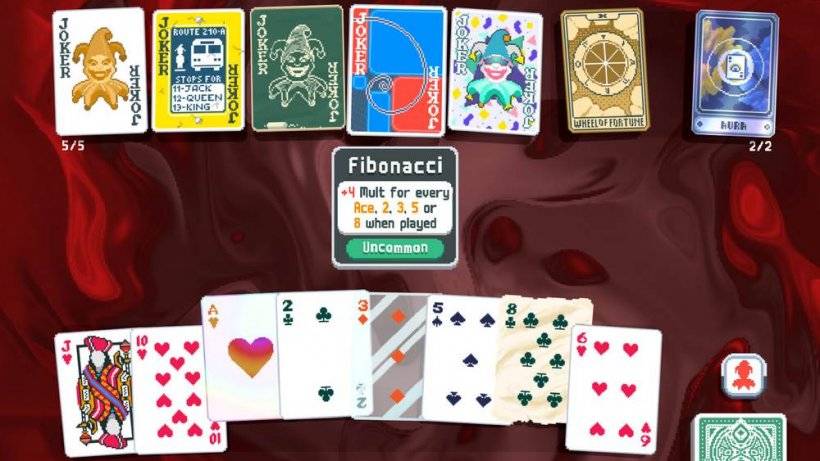
The Real Lesson
Balatro's success demonstrates that multiplatform games don't need to be massive, cross-platform, cross-progression, multiplayer gacha adventures. Simplicity and well-executed design can resonate across mobile, console, and PC platforms.
While not a massive financial success, Balatro's low development costs likely resulted in significant profit for LocalThunk. It proves that you can create a successful game without compromising on quality or originality. The game’s accessibility also allows for diverse playstyles; some players optimize their decks, while others enjoy a more relaxed experience.
In conclusion, Balatro's success underscores a simple truth: You don't need cutting-edge graphics or complex gameplay to create a successful and critically acclaimed game. Sometimes, a simple, well-executed game is all it takes.
Latest News
more >Top News
-

Emoak launches its latest casual puzzle game, now available on mobile platforms
-

No Snooze? You Lose! SF6 Tournament “Sleep Fighter” Requires You to Rest
-

Stumble Guys joins hands with My Hero Academia, heroic adventures are waiting for you!
-
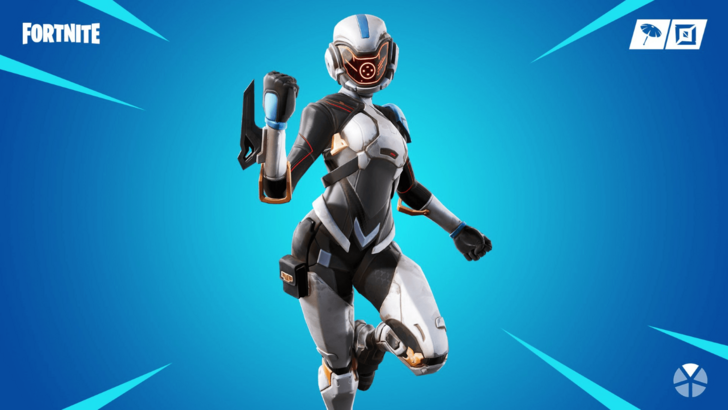
Fortnite Re-Releases Paradigm Skin By Accident, Lets Players Keep It Anyways
